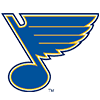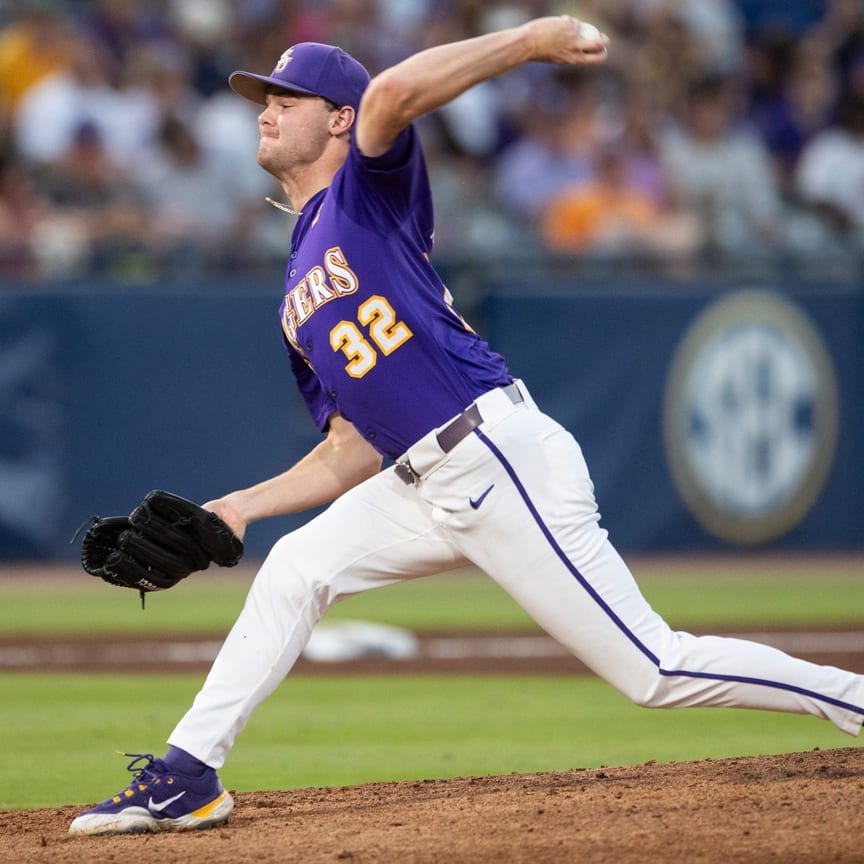It's that time of year to take a deep realistic look at your teams and figure out what it will take to win your leagues or at least finish in the money. With the season more than three-quarters done, the rankings will be well established and it is time to either tighten a lead or make a jump. The following are some ways to help finalize a great fantasy season.
Take a Good Look at the Standings
Go through every category and see where you can move up and, more important, down. For example, in my Tout Wars league (which has first-half and second-half standings), the saves race looks like the following for the top eight spots:
Howard Bender: 42
Andrea LaMont: 26
Jeff Mans: 24
Doug Anderson: 22
Jeff Zimmerman: 22
Brent Hershey: 21
Michael Beller: 18
Peter Kreutzer: 17
Two points from this list: First, Bender is likely to stay on top and none of us are realistically catching him. Second, I would not be surprised if any of the next seven ended up anywhere from second to eighth. Andrea could see that she can't catch Howard and not worry about saves, but she should with several of us right behind her in the standings. Since saves is a reasonable place to gain a few spots in the rankings, teams likely will look to make a move. How to best make this move with counting stats brings me to the next area.
Trade From Strength
When looking through
It's that time of year to take a deep realistic look at your teams and figure out what it will take to win your leagues or at least finish in the money. With the season more than three-quarters done, the rankings will be well established and it is time to either tighten a lead or make a jump. The following are some ways to help finalize a great fantasy season.
Take a Good Look at the Standings
Go through every category and see where you can move up and, more important, down. For example, in my Tout Wars league (which has first-half and second-half standings), the saves race looks like the following for the top eight spots:
Howard Bender: 42
Andrea LaMont: 26
Jeff Mans: 24
Doug Anderson: 22
Jeff Zimmerman: 22
Brent Hershey: 21
Michael Beller: 18
Peter Kreutzer: 17
Two points from this list: First, Bender is likely to stay on top and none of us are realistically catching him. Second, I would not be surprised if any of the next seven ended up anywhere from second to eighth. Andrea could see that she can't catch Howard and not worry about saves, but she should with several of us right behind her in the standings. Since saves is a reasonable place to gain a few spots in the rankings, teams likely will look to make a move. How to best make this move with counting stats brings me to the next area.
Trade From Strength
When looking through the rankings, mark the areas where you let off the pedal a bit, even if you aren't in first place. In the same league, here are the top seven in stolen bases:
Peter Kreutzer: 59
Jeff Boggis: 50
Jeff Mans: 26
Jeff Zimmerman: 25
Paul Sporer: 24
Brent Hershey: 20
Stephania Bell: 20
Peter has a decent lead in steals this half with the closest owner nine stolen bases behind. He has taken the top spot without Billy Hamilton (Jeff B. owns him), so the production isn't all from one player. He could look at moving some of his stolen base threats (Jean Segura, Travis Jankowski, Dee Gordon) for some closers to help bridge the saves gap.
The biggest error I see from owners not in first place is standing still and not trading. If Jeff B. moves Billy Hamilton to someone like Brent or Stephania, his second-place stolen base lead is still probably safe.
Pitcher Innings Limits
Soon, teams will start shutting down their young starters or pitchers coming back from surgery. Non-contenders will probably make the transition abruptly and close the pitcher down. From what I have been told from every team, the limit will not be associated with an exact innings value, instead, it will be set by a team metric using pitches and pitch types thrown already during the season. The 30-40 innings increase thrown around can be a general guide, but starting soon, read each pitcher-related article for detailed clues on when he will be shut down.
Contending teams don't want to do like the Nationals with Stephen Strasburg and shut their pitchers down before the playoffs. Instead, they are already skipping starts (Jose Fernandez and Aaron Sanchez) so the pitchers are more rested for the playoffs. With the possible loss of these players, I like to target:
Dependable Starters on Playoff Contenders
Teams are aiming for two milestones: division winner and then wild card. Teams don't want to put themselves into a position to play in a winner-take-all wild-card game. I expect the Red Sox, Blue Jays, and Orioles to keep their aces going out every night in hopes of winning the AL East. The problem is that this race and the NL West with the Dodgers over the Giants by two games are the only division races up for grabs (maybe Detroit and Cleveland in the AL Central).
The wild-card races are a completely different animal with eight teams (Red Sox, Blue Jays, Orioles, Tigers, Mariners, Astros, Royals, Yankees) battling it out in the American League and five teams (Giants, Cardinals, Marlins, Pirates, Mets) in the National League. If deciding on free-agent pitchers, concentrate on these teams. Also, be careful of taking pitchers from the Cubs, Rangers and Nationals as these teams look like they can sit some guys to set up their playoff rotations.
Check Minimum/Maximum Innings Limits
Know your league rules. Most leagues have some version of minimum or maximum innings allowed.
Let me start with league minimums. These values are crucial to reach. In the Tout Wars league, we have three counting stat categories (K/9, WHIP, ERA) instead of the normal two (WHIP and ERA). To make sure teams didn't go with all relief pitchers, a 425 innings minimum was set per half season or 950 total. I took this low value as a goal and found I can run three starters (300 IP in 2H) and six relievers (150 IP in 2H also) and barely make the total while dominating the rate stats.
And I have dominated the rate stats, but my innings are on the low side with Jose Fernandez skipping a start and some other pitchers going on the DL mid-week. I am worried Fernandez and Max Scherzer will also miss some starts at the end. Instead of going with my original plan, I am trying to bank up some innings now by going with five starters with the other three two-start pitchers. Don't expect to make up all your innings in the last week. Get them banked now with pitchers in regular rotations.
With a maximum limit for pitchers, the key is to only use your best pitchers as you get near the limit. I always call this middle reliever season. Teams have only 30 innings left and two weeks to use them. They just load their team up with all the relievers with a 10 K/9 or more. The key with this approach is to get the relievers earlier than later. There may seem to be a ton of them, but most are already owned since they are closers.
One other innings rule to know and ask to clarify is what happens if the innings limit is reached mid-day with games still being played. Sometimes, stats are no longer counted during the day once the limit is reached. In most other setups, all stats from the day of the innings limit being broken counts. In daily lineup leagues, this rule can be huge with a team inching up to the limit and running all starters on the day they go over.
The rules can't be ignored, but they can be manipulated in your favor. I am sure an owner or two hopes no one remembers the rules and plans to do the starting pitcher load-up at the last day to take the rest by surprise. To prevent this, about three weeks from the end, send an email and post it the league's message board with this very question on innings. This lets everyone in on the secret, and those last day jumps will be harder to get with everyone fighting over those few starters.
The second part is to plan your own jump three to seven days before season's end. Get near your innings limit early and go for the last jump with a full slate of pitchers. Let others fight over those used on the last couple days.





































